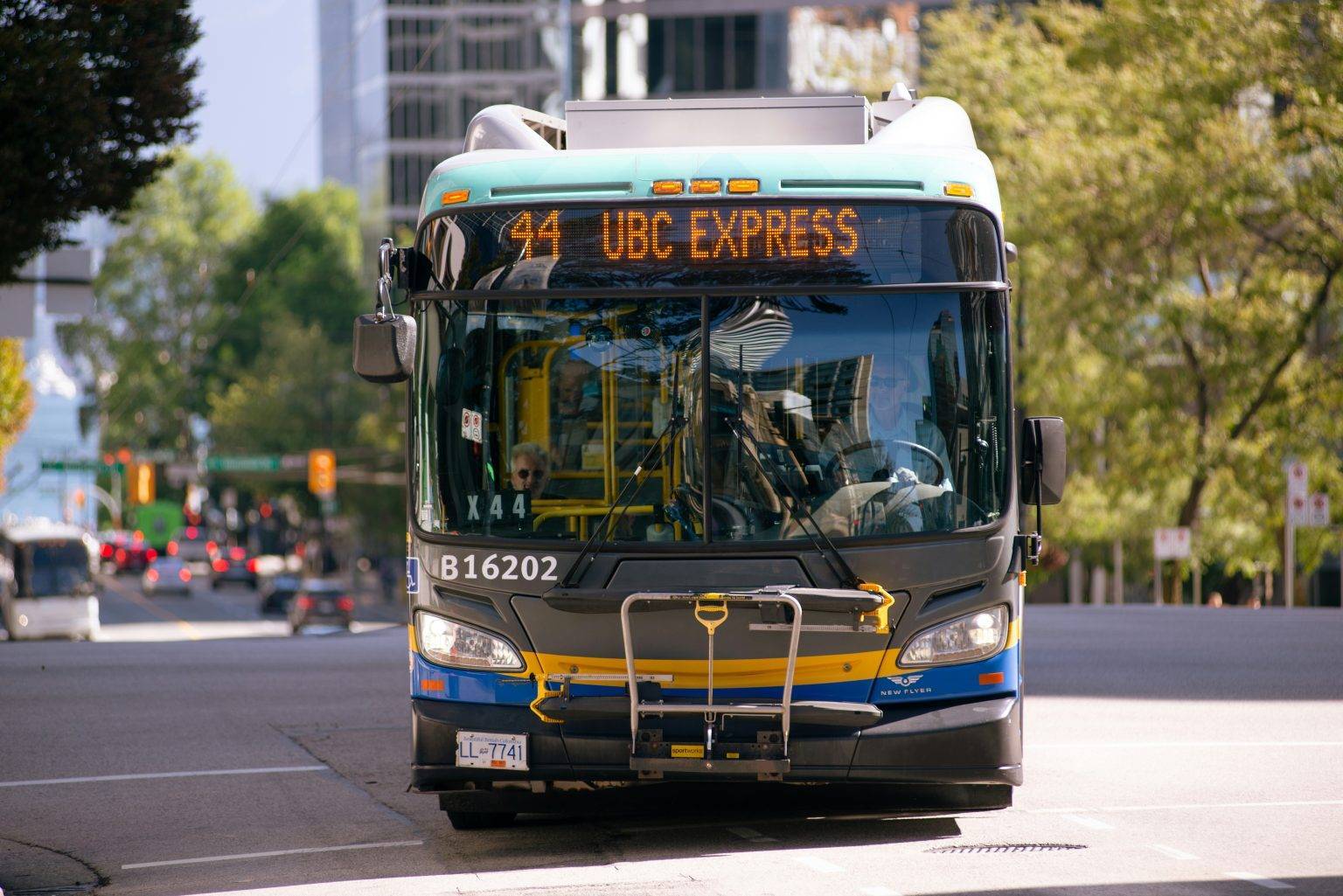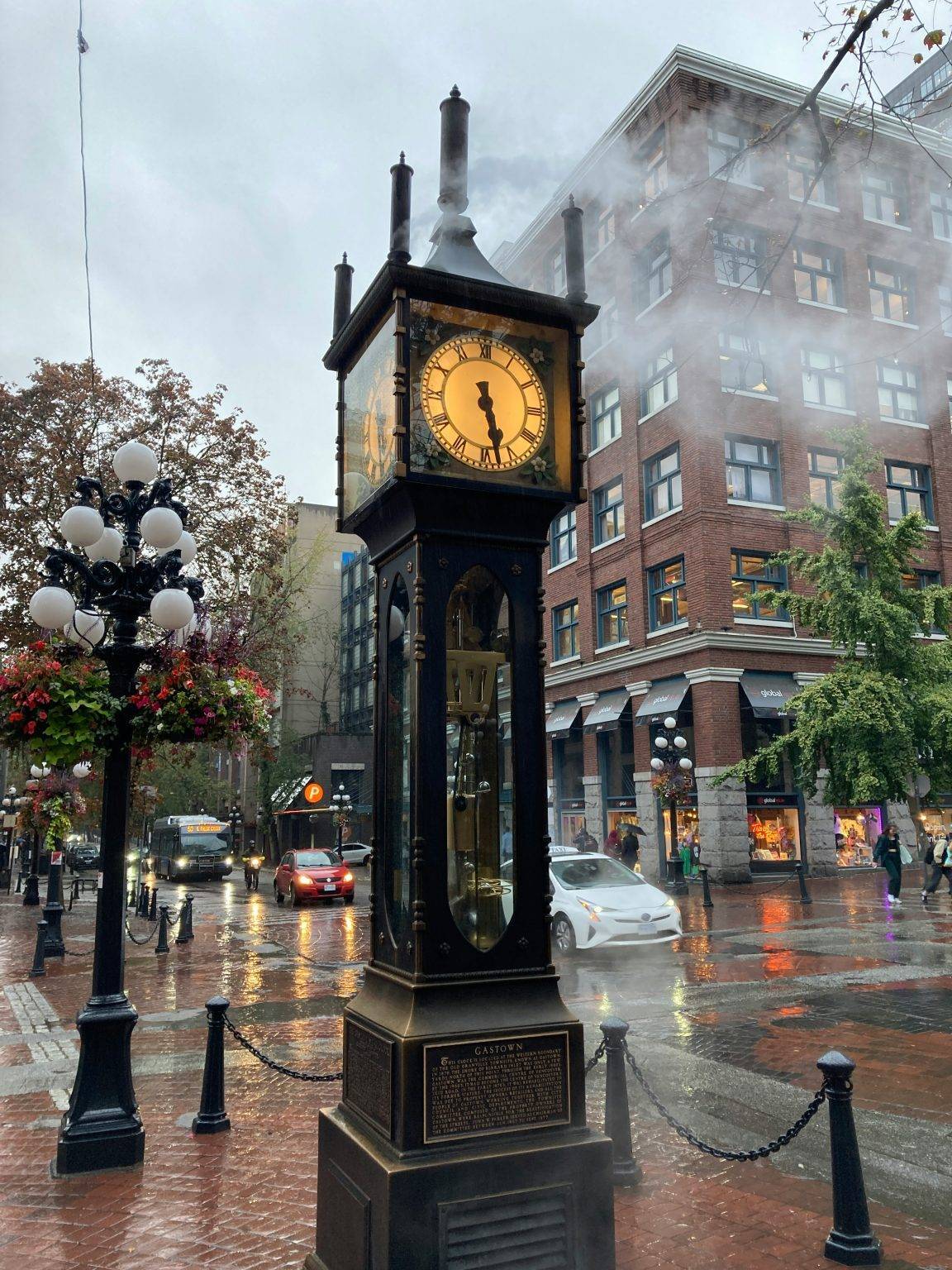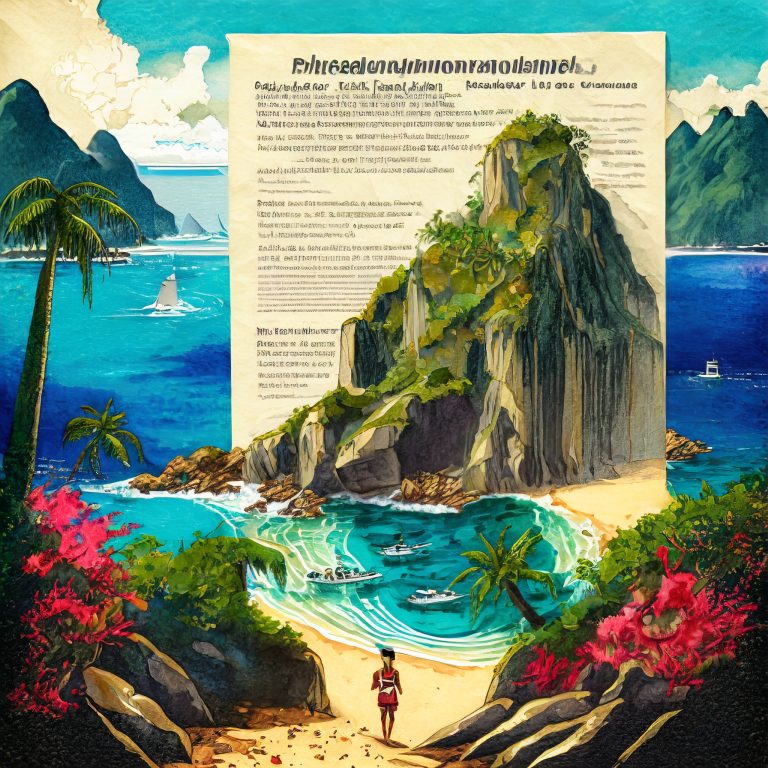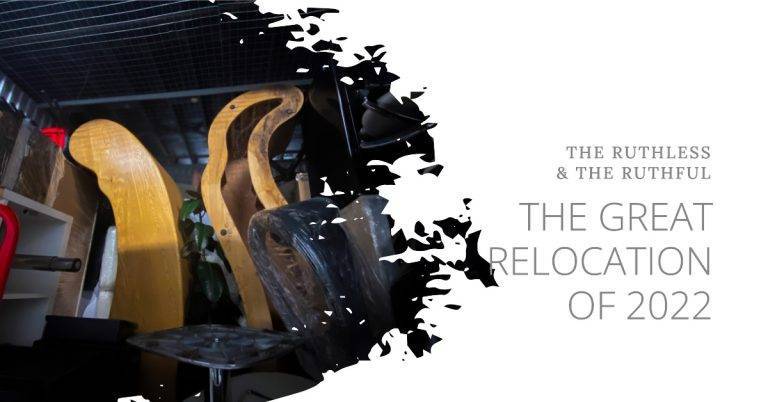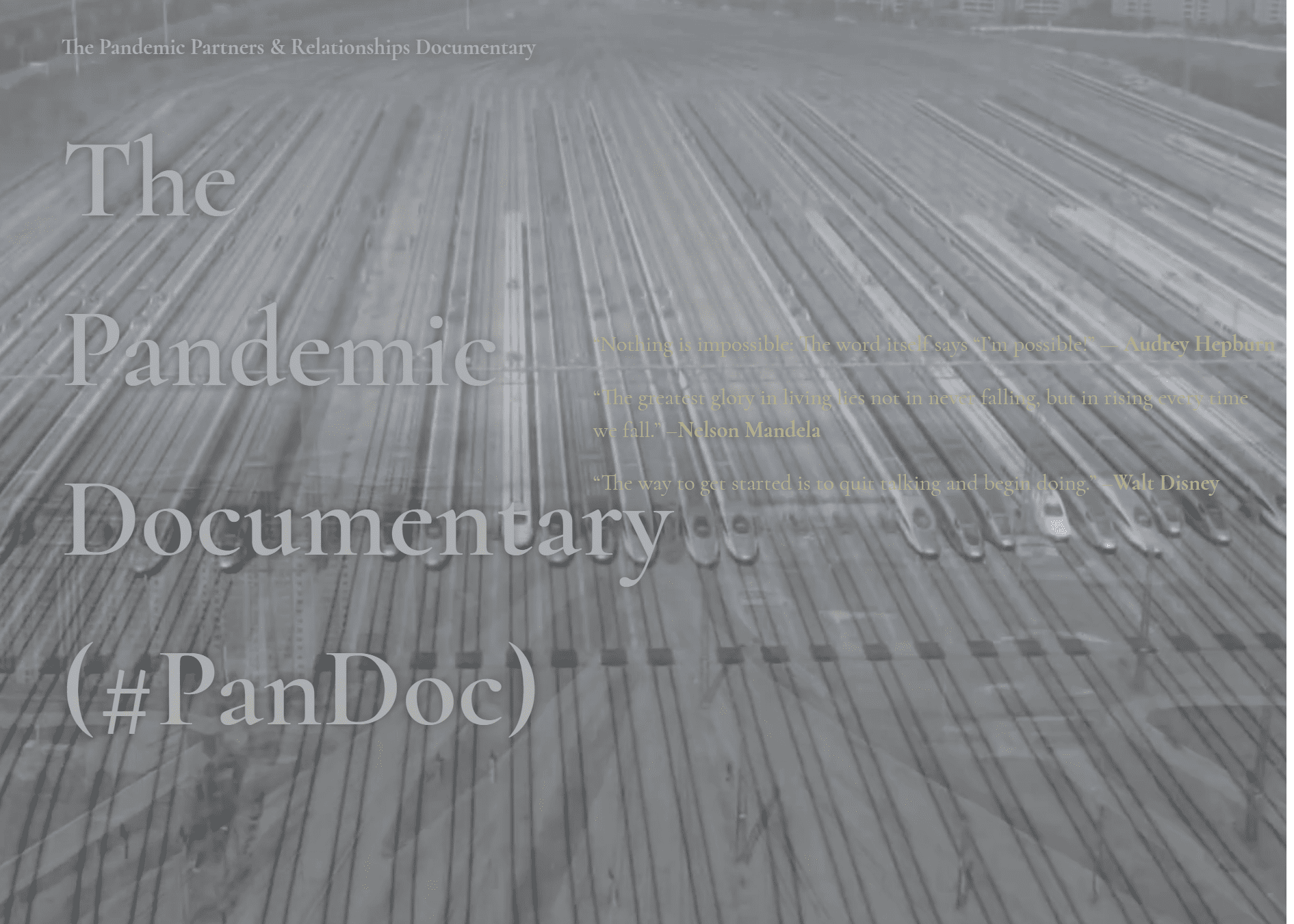Transit Solutions for All: Carpooling and Free Transit – Explore how shared rides and fare-free public transport can help us navigate bus strikes, make city living affordable, and challenge big landowners. Learn about Canada’s bus strike history and the potential of fare-free protests. Join us as we envision an inclusive future for our cities.
A Summary of the article “How 180 Workers Paralyzed Transit in Vancouver” from The Tyee:
- About 180 BC Transit workers, represented by the Canadian Union of Public Employees Local 4500, went on strike, paralyzing a bus system used by over 300,000 people.
- The union launched a two-day strike, leaving commuters stranded and escalating a labor dispute.
- The union and the employer, the Coast Mountain Bus Co., have accused each other of intransigence and lying over months of failed negotiations.
- The union is considering how to escalate its current strike and has applied for the right to picket SkyTrain stations.
- The union blames the disruption on the employer, who rejected a pay parity proposal for transit supervisors.
- The employer argues that the union’s wage proposal is out of step with industry standards and could lead to major cost increases.
- The company had improved on a previous salary offer, which included a 13.5% pay increase over three years, improved benefits, and a commitment to hire more staff.
- Labour Minister Harry Bains is considering appointing a special mediator, Vince Ready, who has already been working on the dispute, so far unsuccessfully.
- The vast majority of bus workers are not on strike. CUPE 4500 represents about 180 workers in the TransLink system, most of them in supervisory roles.
- The union wants the employer to raise wages of transit supervisors to match those of the supervisors in the TransLink system.
For further reading, please refer to the original article here.
How 180 Workers Paralyzed Transit in Vancouver | The Tyee
The union is considering shutting down SkyTrain as its next step.

Zak Vescera TodayThe Tyee
Zak Vescera is The Tyee’s labour reporter. This reporting beat is made possible by the Local Journalism Initiative.
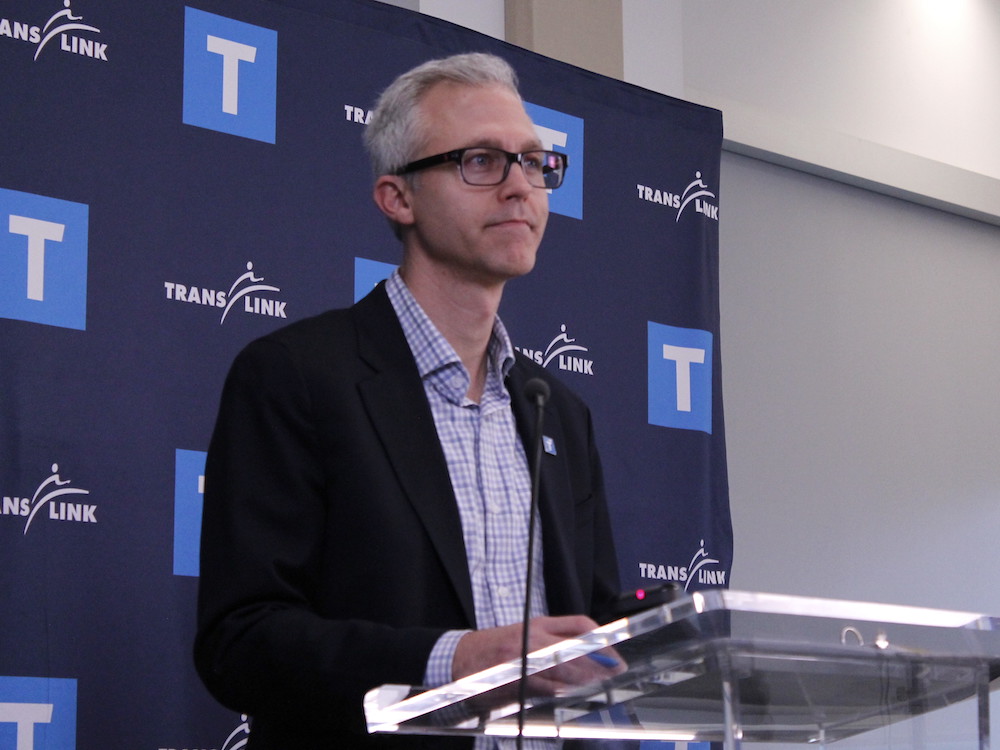 TransLink CEO Kevin Quinn says the union’s proposals would lead to major cost increases. Photo for The Tyee by Zak Vescera.
TransLink CEO Kevin Quinn says the union’s proposals would lead to major cost increases. Photo for The Tyee by Zak Vescera.About 180 BC Transit workers went on strike Monday morning and paralyzed a bus system used by more than 300,000 people.
Canadian Union of Public Employees Local 4500 launched a two-day strike that left commuters stranded and raised the stakes in a labour dispute.
The union and the employer, the Coast Mountain Bus Co., have accused each other of intransigence and lying over months of failed negotiations that led to an unsuccessful session that ended around 1:30 a.m. on Monday.
CUPE national representative Liam O’Neill said Monday the union is now considering how to “escalate” its current strike, which is set to conclude early Wednesday morning. The union has applied for the right to picket SkyTrain stations, which would further cut public transportation.
O’Neill said members regret the trouble the strike is causing commuters. But he blamed the disruption on the employer, who he said rejected a pay parity proposal for transit supervisors based on other, similar jobs in TransLink.
The employer has argued the union’s wage proposal is way out of step with industry standards and could produce massive costs for the region’s transit system.
Mike Killeen, spokesman for Coast Mountain Bus Co., said the company had improved on a previous salary offer it made the union, which included a 13.5 per cent pay increase over three years and offered improved benefits and a commitment to hire more staff.
Killeen spoke to The Tyee from Lonsdale Quay in North Vancouver, a SeaBus base and transit hub that he said was eerily quiet.
“We’d be happy to go back to the table at any time — like right now — and we’d encourage the union to do the same,” Killeen said.
Labour Minister Harry Bains spent much of a Monday press conference dodging a flurry of questions on whether and when the province might legislate workers back to the job, emphasizing repeatedly that he expected them to hammer out a deal on their own.
Bains said he was “strongly considering” appointing a special mediator. His preferred choice is Vince Ready, a veteran 81-year-old arbitrator whom Bains described as “a miracle worker” for his role in ending prior strikes.
But Ready has already been working as a mediator on the dispute, so far unsuccessfully.
Get our stories delivered to your inbox every morning for free
Understanding the dispute
The vast majority of bus workers are not on strike.
CUPE 4500 represents just about 180 workers in the TransLink system, most of them in supervisory roles. Their last contract expired at the end of 2022.
They have set up picket lines at bus depots, which other union workers, who are members of Unifor, have refused to cross, shutting down bus and SeaBus service.
CUPE 4500 wants Coast Mountain Bus Co., contracted by TransLink to provide services, to raise wages of transit supervisors to match those of the supervisors in the TransLink system.
The minimum annual pay for a transit supervisor, according to the union’s last collective agreement, is $72,303. At the top of the scale, they can make more than $106,000. That’s only a few per cent less than what SkyTrain operation supervisors make.
But Kevin Quinn, TransLink CEO, said the real cost of the agreement would be its effect on contract negotiations with different operating companies like Coast Mountain.
Quinn said many of those unions have formal or informal “me-too” clauses with TransLink, which means that if another union gets a better contract, they get the same terms.
“We believe that absolutely applies here, that there would be, as a result of the union’s asks, these ‘ripple effects,’” Quinn said Monday.
He said that would end up costing TransLink $250 million over the next 10 years. The transportation authority, Quinn noted, is already billions of dollars in the red because of the COVID-19 pandemic.
“It is not financially responsible to dig that hole any deeper,” Quinn said.
O’Neill said Quinn is wrong. “It does not have any ripple effect at all. There is no me-too clause for our supervisors,” he said.
O’Neill argued Quinn’s comments were part of a strategy to “smear” his members in the media and accused Coast Mountain of inflating the size of the union’s salary proposal in previous statements it made to the press.
“If they spent more time trying to get a deal at the table rather than smearing us in the media, we’d already have a deal,” O’Neill said.
O’Neill declined to share the union’s actual salary proposal, saying he would respect the confidentiality of bargaining.
Mark Thompson, a former arbitrator and a professor emeritus at the University of British Columbia Sauder School of Business, said the public statements from both sides are full of what he calls “bargaining talk” — strong but sometimes vague language designed to sway public opinion.
“As soon as you start taking positions in the media, you’re locked in. That’s the problem. It’s better to not say anything meaningful,” Thompson said. “So they’re really pretty good at bafflegab.”
What’s next
Thompson says he doesn’t think the union is up for a protracted fight.
He says the fact that they opted for a two-day strike and not a continuous action shows they’re anxious not to escalate to the point of the 2001 transit strike, which paralyzed services in the Lower Mainland for over four months.
“They’re just trying to turn the screws on the employer just a little bit without putting the whole system at risk,” Thompson said.
But that doesn’t mean escalation isn’t in the cards. O’Neill said CUPE 4500 has filed an application to the BC Labour Relations Board asking for the right to picket SkyTrain stations, which would shut down that service.
The union, O’Neill said, had also filed an application alleging the employer was illegally using replacement workers, but he would not discuss details of that.
Coast Mountain Bus Co., when contacted Monday, said it had just received that application and could not immediately comment.
The provincial government, in theory, could pass legislation to force workers back to the job. Some business groups have already called for that.
But Bains made no indication he would do that, and Thompson thinks it is both unwise and unlikely.
“Having the right to strike is in the Charter. You don’t take that away frivolously, and certainly not after a one-day strike,” Thompson said.
Instead, Bains is hoping the parties will hammer out a deal at the table — potentially with the help of a government-appointed mediator.
That negotiator would report to the government and could make recommendations, Bains said, which could then be made public.
Bains said the mediator could be anyone but that his “ideal” choice would be Ready, a legendary figure in labour relations who has been tapped by the government numerous times to resolve high-profile disputes.
Ready spent hours with the parties over the weekend trying, unsuccessfully, to reach a deal.
Thompson said the fact that special mediators can make their recommendations public can pressure the parties.
“If the parties want to ignore that, either one of them can, but that’s very hard to do, and you’re basically inviting the government to take stronger action.”![]()
Read more: Rights + Justice, Transportation, Labour + Industry
Here are the latest updates on the bus strike in Metro Vancouver:
Vancouver transit strike: Buses resume service Wednesday AM – Vancouver Is Awesome
- The strike by transit supervisors has paralyzed bus and SeaBus services in Metro Vancouver for a second day1.
- Hundreds of thousands of residents are without a bus ride again today as the strike continues2.
- The strike is set to end after 48 hours, with services expected to resume on Wednesday morning3.
- However, the dispute that triggered the strike appears to be unresolved3.
- The union representing the striking workers, CUPE Local 4500, is considering further escalation of job action45.
- The union and the Coast Mountain Bus Company (CMBC), the workers’ employer, have failed to produce a new collective agreement45.
- Union workers have been calling for a new collective bargaining agreement, citing concerns over wage discrepancy between CMBC transit supervisors and other supervisors in the transit system45.
- B.C. Labour Minister Harry Bains has urged both parties to return to the bargaining table and is considering appointing a special mediator45.
Seeking Solutions
(URL: https://selfology.co/history/transit-strikes-solutions/)
Seeking Solutions for Bad Deals Made

